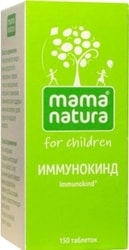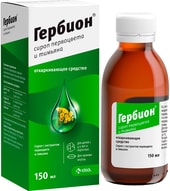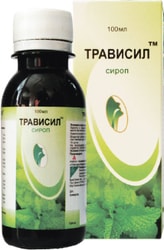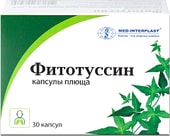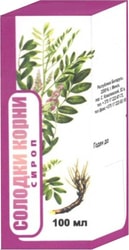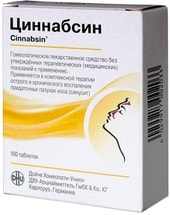Title: Filipendula: Benefits, Uses & Medicinal Properties
Filipendula: Benefits, Uses & Medicinal Properties
Filipendula, also known as meadowsweet, is a remarkable flowering plant with a long history of use in traditional medicine. Its impressive array of therapeutic properties stems from a rich concentration of bioactive compounds. This herb boasts a diverse range of applications, demonstrating efficacy across various health concerns.
Key Medicinal Properties of Filipendula:
- Astringent: Filipendula possesses astringent properties, meaning it helps to tighten tissues and reduce inflammation, making it useful for treating wounds and mucous membrane irritations.
- Antibacterial: Studies suggest Filipendula exhibits significant antibacterial activity, offering potential benefits in combating bacterial infections.
- Hemostatic (blood-clotting): This herb has traditionally been employed to help stop bleeding, both internally and externally.
- Diaphoretic (induces sweating): Filipendula can stimulate sweating, which can be beneficial for reducing fever and detoxifying the body.
- Anti-inflammatory: Its anti-inflammatory properties help to reduce swelling and pain associated with various inflammatory conditions.
- Choleretic (stimulates bile flow): This action supports healthy liver function and digestion.
- Spasmolytic (relieves muscle spasms): Filipendula may help alleviate muscle cramps and spasms.
- Reparative (tissue repair): The plant's components may support the body's natural tissue repair processes.
- Sedative: Filipendula possesses mild sedative properties that may promote relaxation and improve sleep quality.
- General Tonic: It's often considered a general tonic, supporting overall health and well-being.
- Anthelmintic (anti-parasitic): Some traditional uses suggest Filipendula may possess anthelmintic properties, helping to eliminate intestinal parasites.
Important Note: While Filipendula has a rich history of traditional use, it's crucial to consult with a healthcare professional before using it for medicinal purposes, especially if you are pregnant, breastfeeding, or taking other medications. This information is for educational purposes only and does not constitute medical advice.

